The two factors Wales must exploit to beat Poland and reach Euro 2024
The play-off final in Cardiff could see Rob Page’s side into their fourth major tournament in under a decade
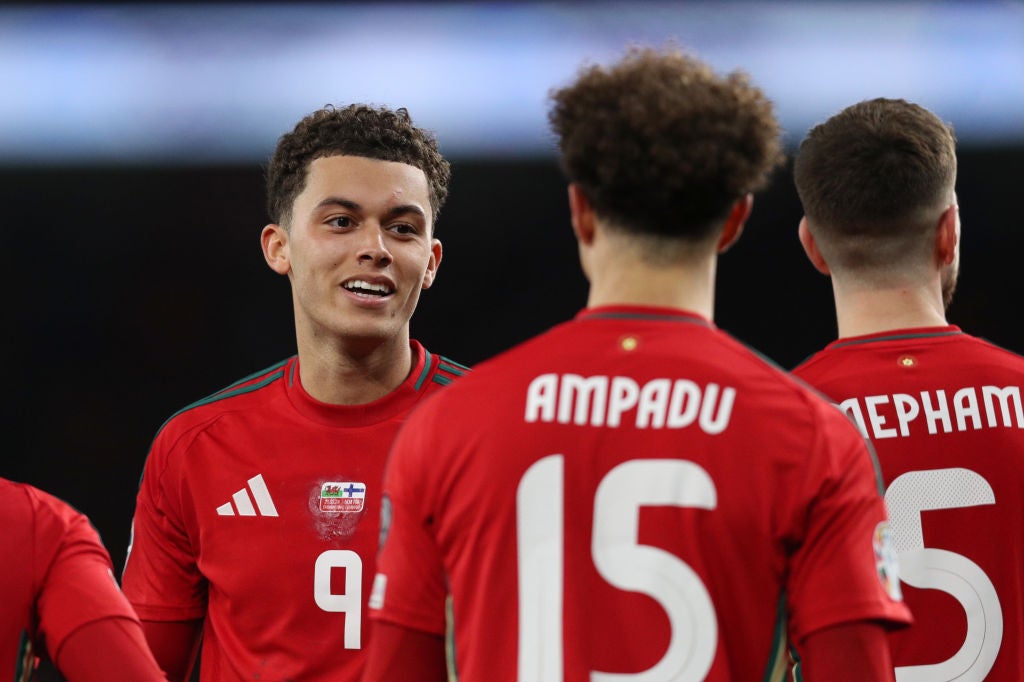
Your support helps us to tell the story
From reproductive rights to climate change to Big Tech, The Independent is on the ground when the story is developing. Whether it's investigating the financials of Elon Musk's pro-Trump PAC or producing our latest documentary, 'The A Word', which shines a light on the American women fighting for reproductive rights, we know how important it is to parse out the facts from the messaging.
At such a critical moment in US history, we need reporters on the ground. Your donation allows us to keep sending journalists to speak to both sides of the story.
The Independent is trusted by Americans across the entire political spectrum. And unlike many other quality news outlets, we choose not to lock Americans out of our reporting and analysis with paywalls. We believe quality journalism should be available to everyone, paid for by those who can afford it.
Your support makes all the difference.The long, convoluted and confusing route to Euro 2024 comes to a head on Tuesday night, with three play-off places to be settled and Wales hoping they can claim one of them, facing Poland at Cardiff City Stadium and riding high on the confidence generated by their 4-1 thrashing of Finland last week in the semis. A similar type of showing this time around can seal a third European Championship appearance in a row and a fourth tournament in eight years for the Dragons.
Yet, it must be acknowledged that the task remains large; even a near-perfect performance might yield two chances falling Poland’s way. If they happen to be at the boots of Robert Lewandowski, even with his powers on the wane he can ensure the rest of the match is rendered irrelevant.
But for all that they must beware the Barcelona forward and his teammates, Wales will have confidence in their own game, their own approach to chasing victory – and there are two particularly good reasons for doing so.
The first big and obvious advantage that Wales have is that they are on home soil. This goes beyond merely being in comfortable surroundings – that would be a bonus for almost any nation. For Wales, it has been more. The partisan home crowd are capable of magnificence, of levelling the field at times against those who are nominally a better team – at least for periods of matches and certainly from the start. Home comforts alone cannot earn a win but they can certainly help the hosts settle in. A strong start can be crucial.
Since November 2022, Wales have lost just once at home – the surprise defeat to Armenia in qualifying – and even in that match, Wales took the lead. In the full two years since Tomas Soucek scored on the half-hour mark to give the Czech Republic a lead, Armenia were the only nation to breach the Dragons’ rearguard before the half-time whistle went... until Teemu Pukki did so on Thursday.
Even that was when Wales were two up, and in stoppage time.
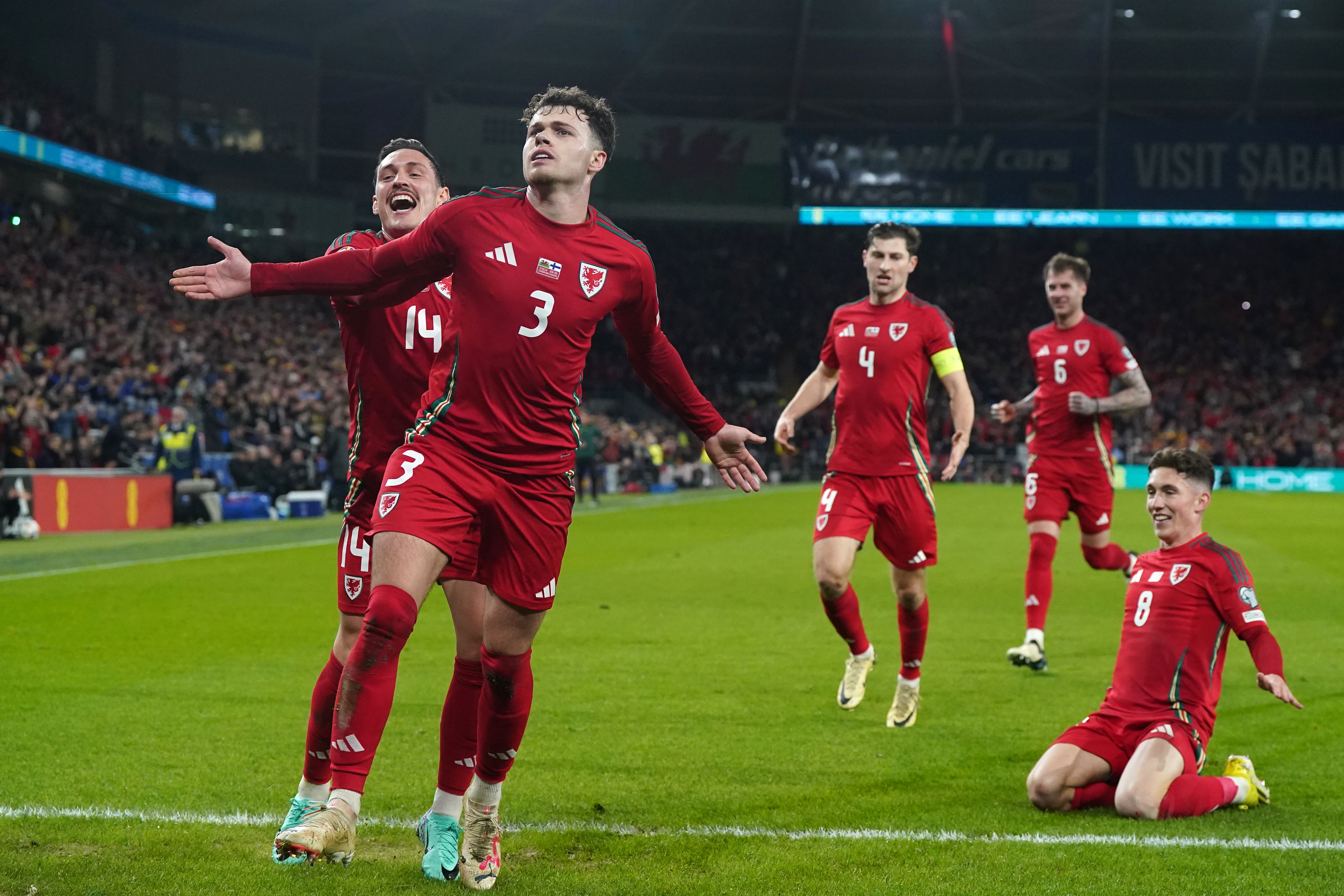
Netherlands and England both took 50 minutes to score, albeit the latter in Wales’s “home” game in Qatar. Turkey took 70, Croatia 75. Iran also took 90 minutes at the World Cup, then scored twice. Cardiff has, by and large, been a stronghold of resistance, giving the team time to set their platform and work out a way to do damage themselves.
But even beyond Welsh stopping power is Poland’s inability to win on the road.
To use a decidedly non-industry-standard term to describe their away form over the last half-decade or so, they have been garbage.
Since 2020, their 18 away games have yielded just five victories. And four of those have come over San Marino, Albania, Andorra and Faroe Islands – barely worth noting as results, to be blunt.
Just one scoreline stands out in their favour, and very much against that of Tuesday night’s hosts: September 2022 in the Nations League, Wales 0 Poland 1.
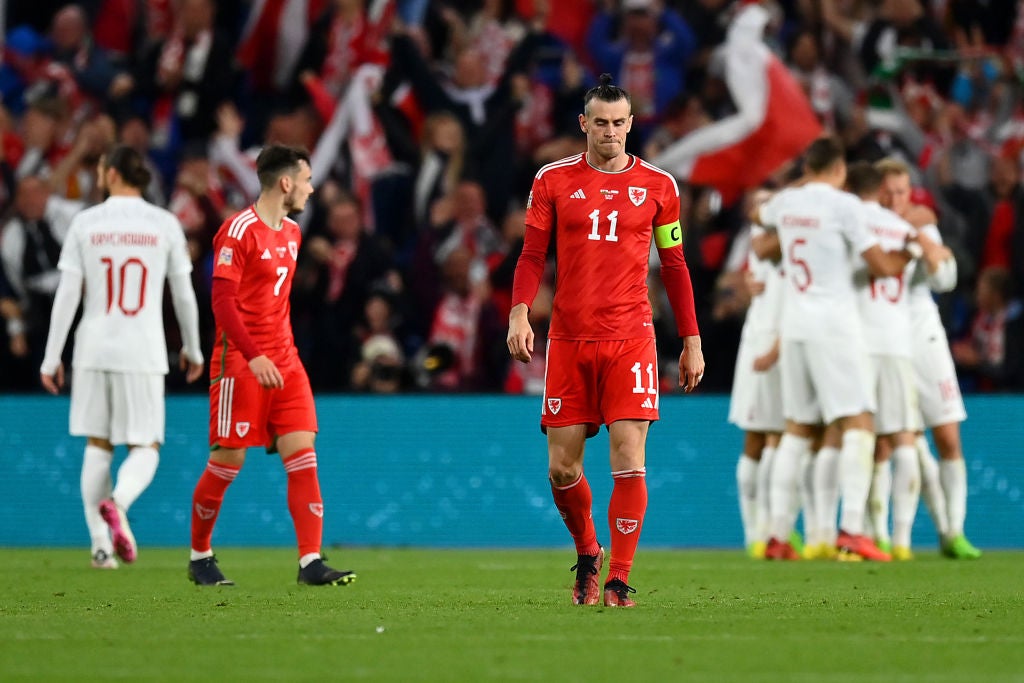
While results in general have improved under Michal Probierz, away from home they have still lost to Moldova and Albania in the past nine months, only beating the Faroes since seeing off Wales a year and a half ago. That match, that outcome, will doubtless form the basis of the Poles’ approach to the play-off final, perhaps not entirely tactically but certainly in the lead-up regarding mind games and mindset-building within their squad.
It’s unlikely Rob Page will pay too much heed to it.
Aside from being 18 months ago, the Welsh spine that evening bore little resemblance to the one on show against Finland. Rhys Norrington-Davies hasn’t won a cap since that very fixture, while on the other side of the back three was Ben Cabango, who only has seven senior caps in total. The midfield double-pivot was Dylan Levitt and Joseff Morrell, both decidedly second-string at best for Page.
Having Ben Davies, Chris Mepham and Ethan Ampadu, in particular, filling three of those roles adds 180 caps and plenty more top-flight experience and quality to the Welsh ranks, a big difference-maker when it comes to facing international-level attackers.
Which brings us to Wales’s second point of positivity: the Brennan Johnson-Harry Wilson combination.
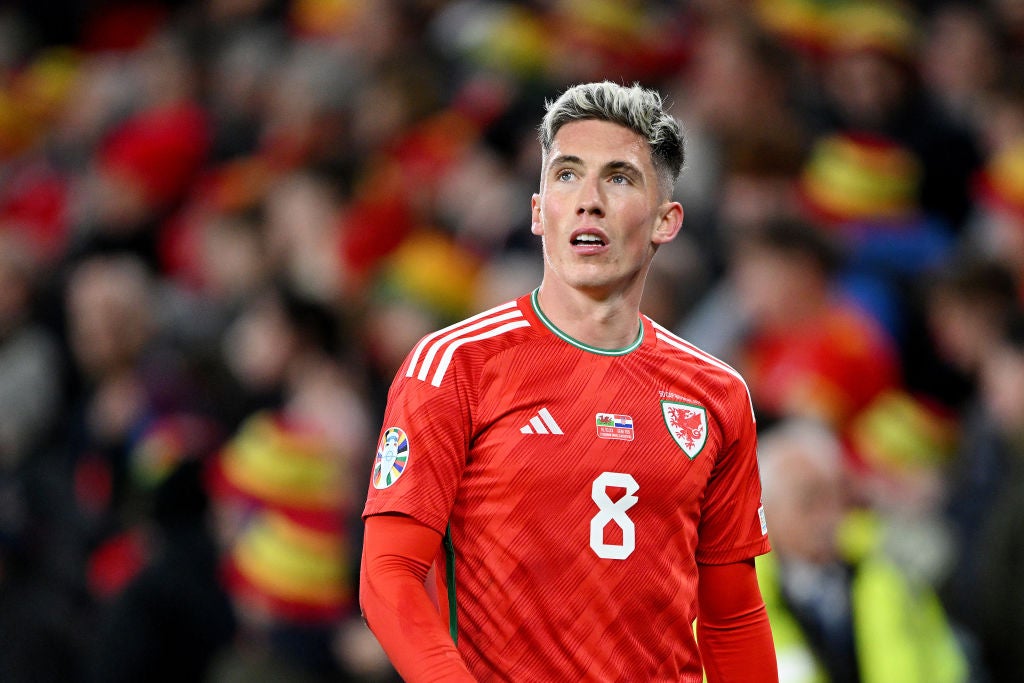
Page may opt to add a central option since Poland tend to play 3-5-2 rather than 3-4-3, but the three-pronged attack worked well against Finland, giving the Dragons an outlet in wide areas and letting the fluid trio in attack switch over, drift central or into channels and all either score or assist.
The third part of that triumvirate, David Brooks, was excellent too – a goal and an assist to his name in an hour on the pitch – but Wilson and Johnson looked particularly neat with their dovetailing in the left channel, their willingness to switch roles and making it tough for defenders to track them.
It just so happens that in Poland’s set-up, their right channel looks the weakest, in mobility terms and defensive resilience: Przemyslaw Frankowski at wing-back and Jan Bednarek behind him on the right side of a back three. The former is a threat going forward and certainly works hard, but is hardly known for his tenacity or accuracy in the challenge. Against a twin dribble-happy threat along the ground, the spaces behind and beside him are a key area for Wales to target. Bednarek, too, is better as a ball player from the back than someone comfortable getting dragged out toward the touchline or having the speed across the ground to track runners heading past him.
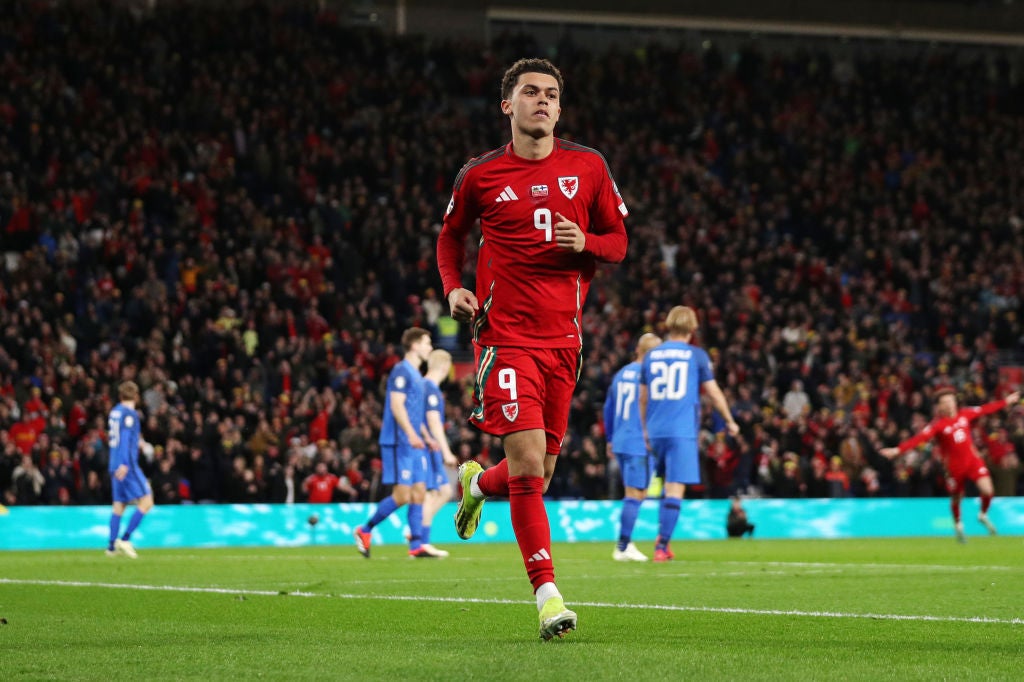
Getting Wilson on the move and Johnson leading the line again should be Page’s priorities, especially if Wales are forced on the counterattack after losing the midfield battle.
That is where their chances can come from – and, coincidentally or otherwise, is where Estonia’s consolation came from last week.
The match-up works well in the Dragons’ favour in this area of the pitch; now their Premier League stars have to come up with the final ball and finish to outperform whatever Poland’s legend from LaLiga can produce at the other end.
Join our commenting forum
Join thought-provoking conversations, follow other Independent readers and see their replies
Comments